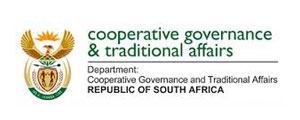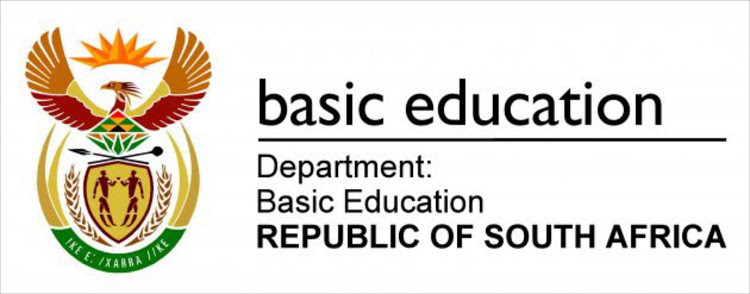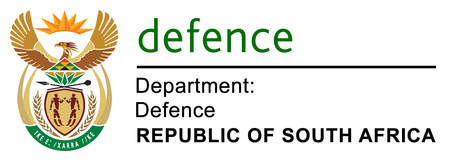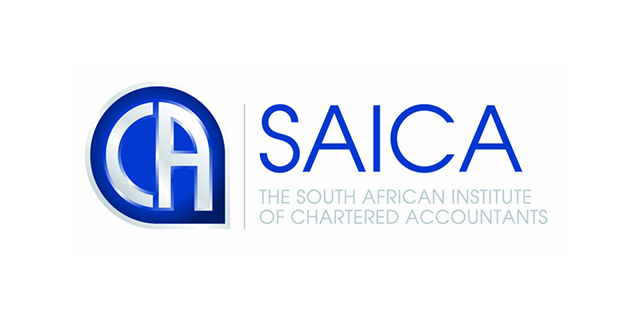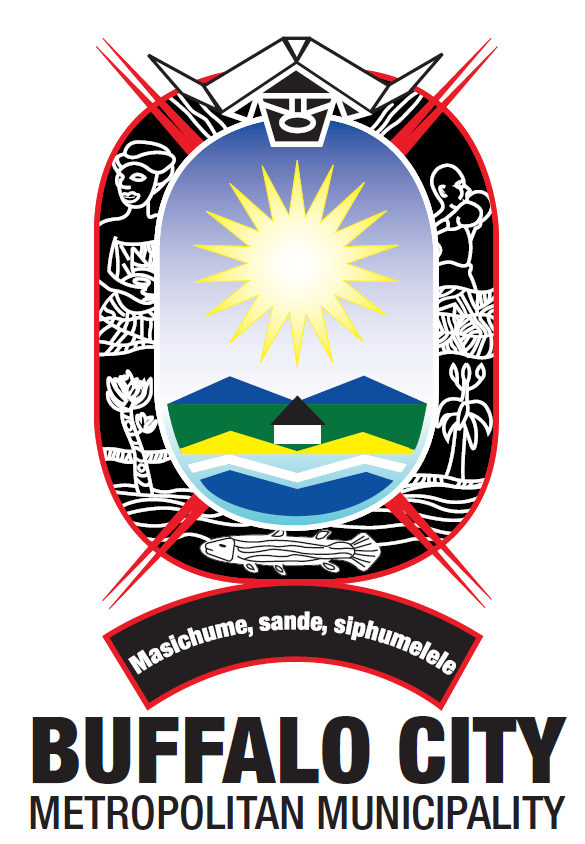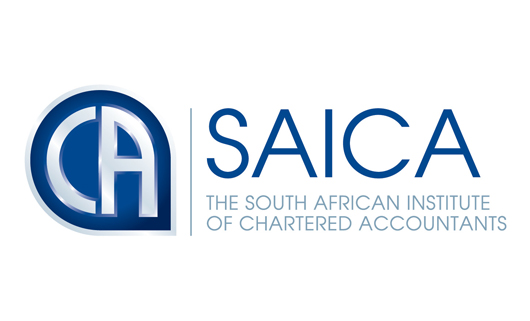Masters Degree
Type specifications
NQF Exit Level 9
Minimum total credits: 180
Minimum credits at Level 9: 120
Designators
The designators for the Master's Degree describe the broad academic knowledge area of the qualification. Examples include: Master of Arts, Master of Science, Master of Social Science, Master of Commerce, Master of Laws, Master of Education. A Master's by dissertation with a strong theoretical base may be known as a Master of Philosophy.
Qualifiers
Specific, maximum one.
Abbreviations
MA, MA (Linguistics), MSc, MPhil, MSc (Astrophysics)
Purpose and characteristics
The primary purpose of a general Master's Degree is to educate and train researchers who can contribute to the development of knowledge at an advanced level.
There are two variants of the general Master's Degree: A research Master's Degree by dissertation, or a research Master's Degree by coursework and dissertation. Both variants must include a significant research component in the form of a discrete research project.
The requirements for the successful completion of of a general Master's Degree are as follows:
- Master's Degree by dissertation: A single advanced research project, culminating in the production and acceptance of a dissertation or other forms of research as indicated below.
- Master's Degree by coursework and mini-dissertation: A coursework programme requiring a high level of theoretical engagement and intellectual independence, and in some cases demonstration of the ability to relate knowledge to a range of contexts for professional practice.
In addition, this variant of a general Master's degree must contain a research project comprising a minimum of 60 credits at level 9, culminating in the acceptance of a mini-dissertation or other forms of research as indicated below. Master's Degree graduates in general must be able to reflect critically on theory and its application They must be able to deal with complex issues both systematically and creatively, design and critically appraise research, make sound judgements using data and information at their disposal and communicate their conclusions clearly to specialist and non-specialist audiences, demonstrate self-direction and originality in tackling and solving problems, act autonomously in planning and implementing tasks with a theoretical underpinning and continue to advance their knowledge, understanding and skills. The research component or components of a general Master's Degree should be commensurate with the characteristics of the discipline and field as well as the purpose of the programme, and in addition to a dissertation or treatise may take the form of a technical report, one or more creative performances or works, or a series of peer-reviewed articles or other research-equivalent outputs.
Minimum admission requirements
The minimum admission requirement is a relevant Bachelor Honours Degree or a relevant Postgraduate Diploma. A relevant Bachelor's Degree at level 8 may also be recognised as meeting the minimum entry requirement to a cognate Master's Degree programme.
Progression
Completion of a Master's Degree meets the minimum entry requirement for admission to a cognate Doctoral Degree, usually in the area of specialisation in the Master's Degree. A qualification may not be awarded for early exit from a Master's Degree.














